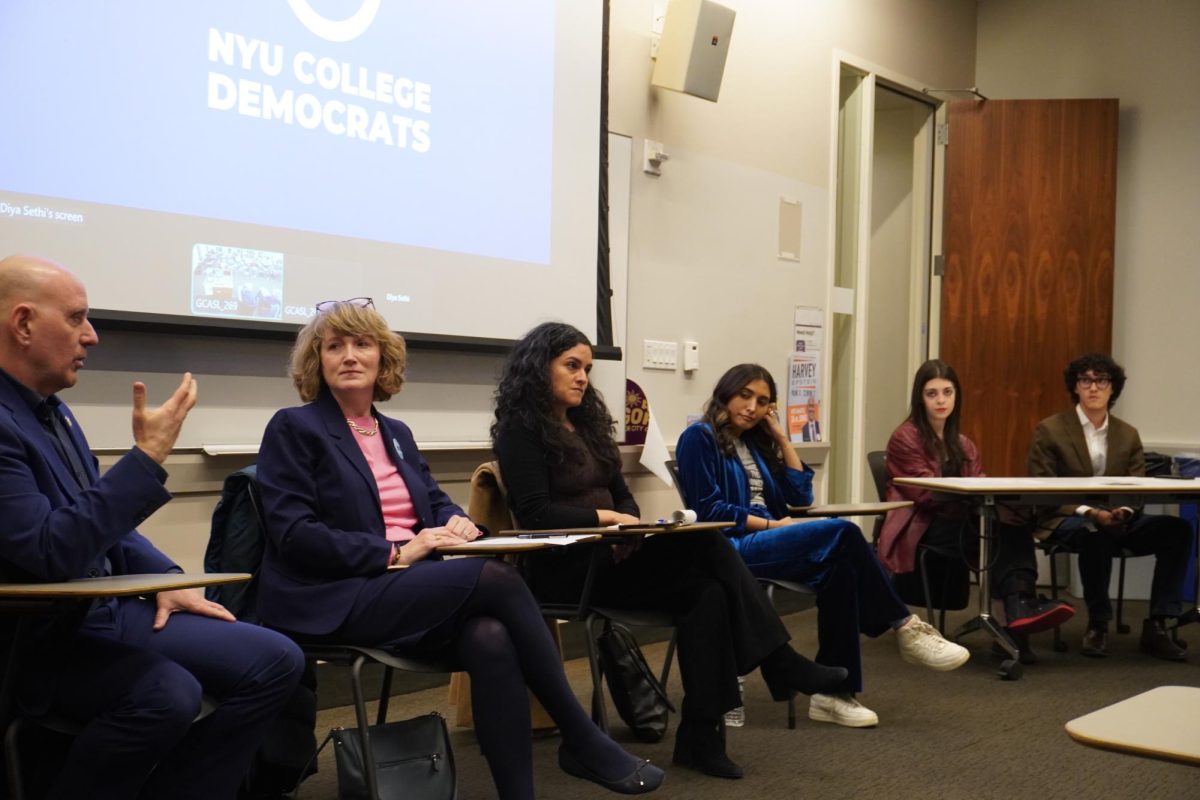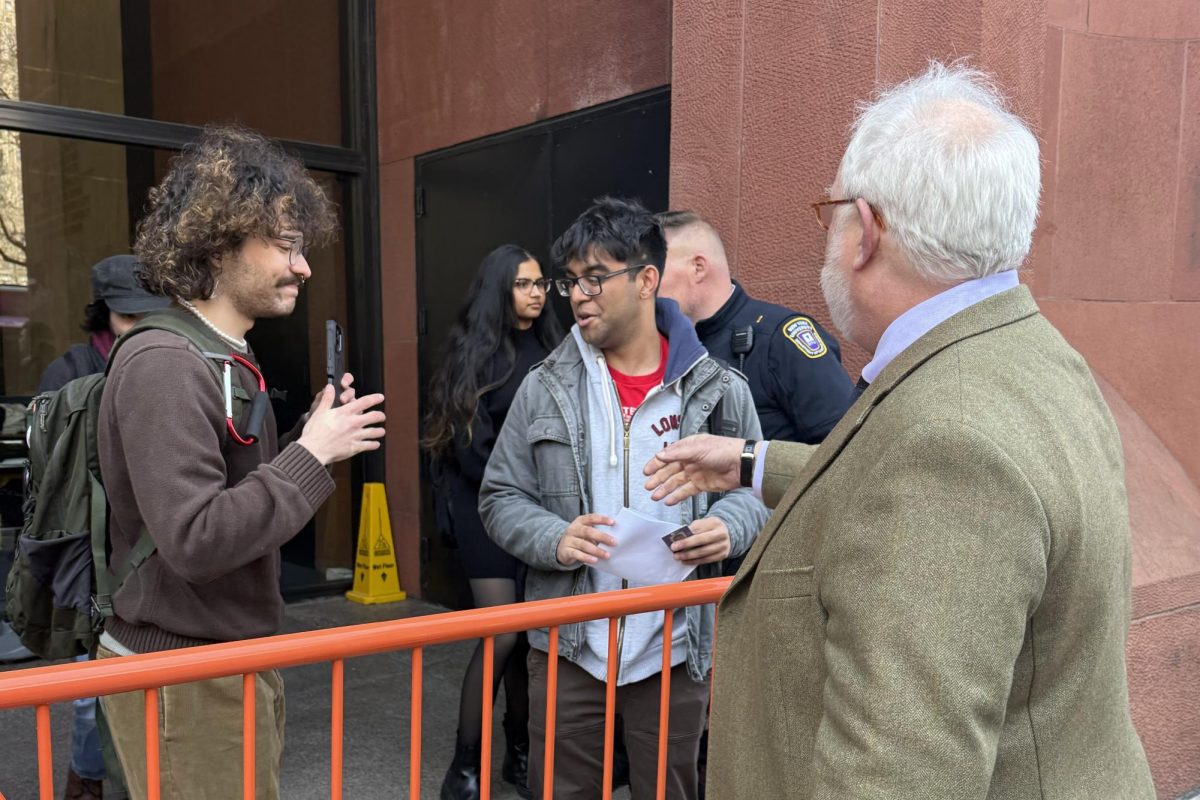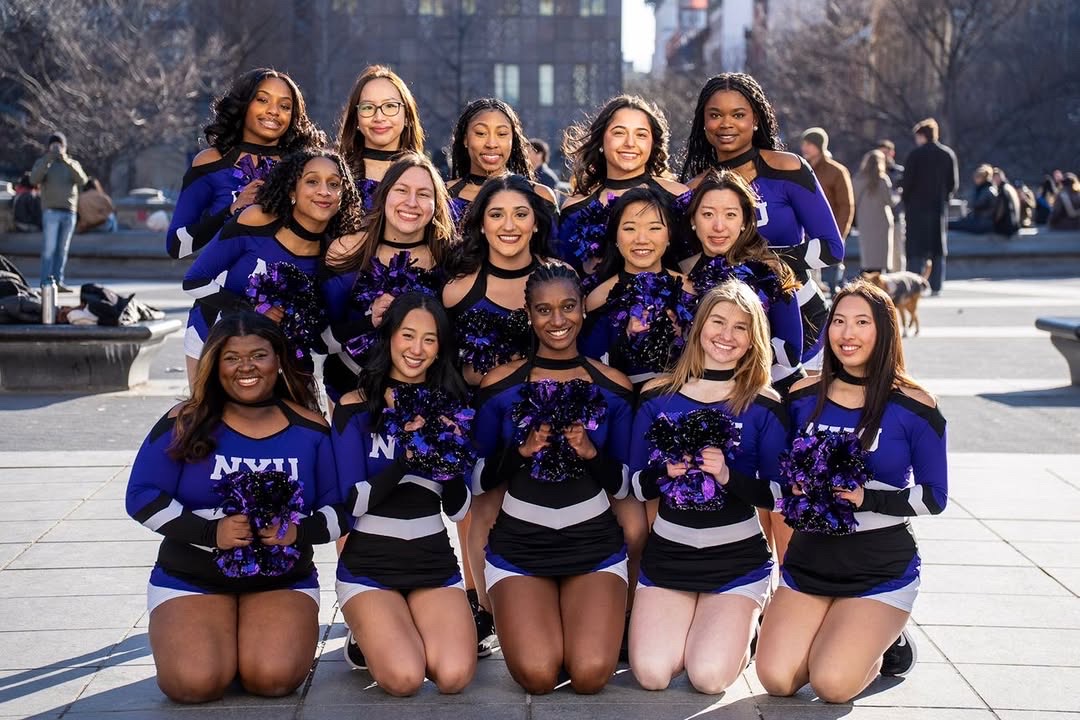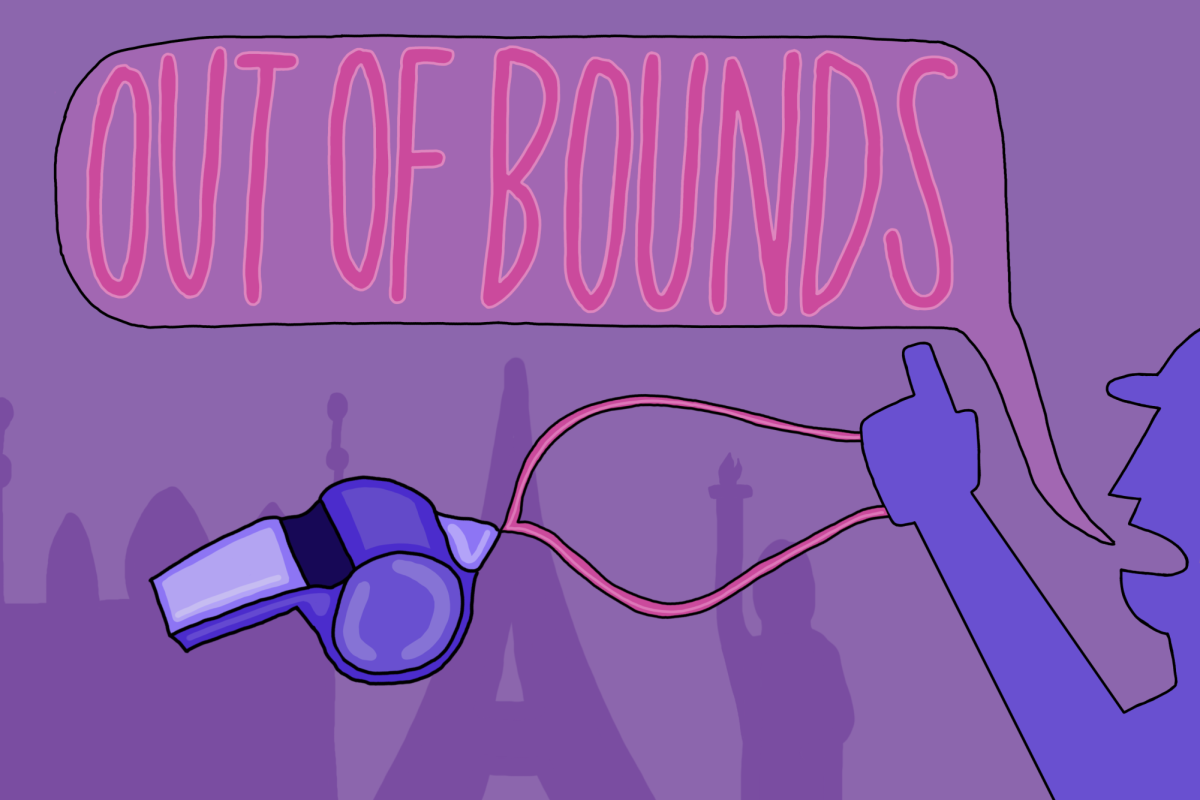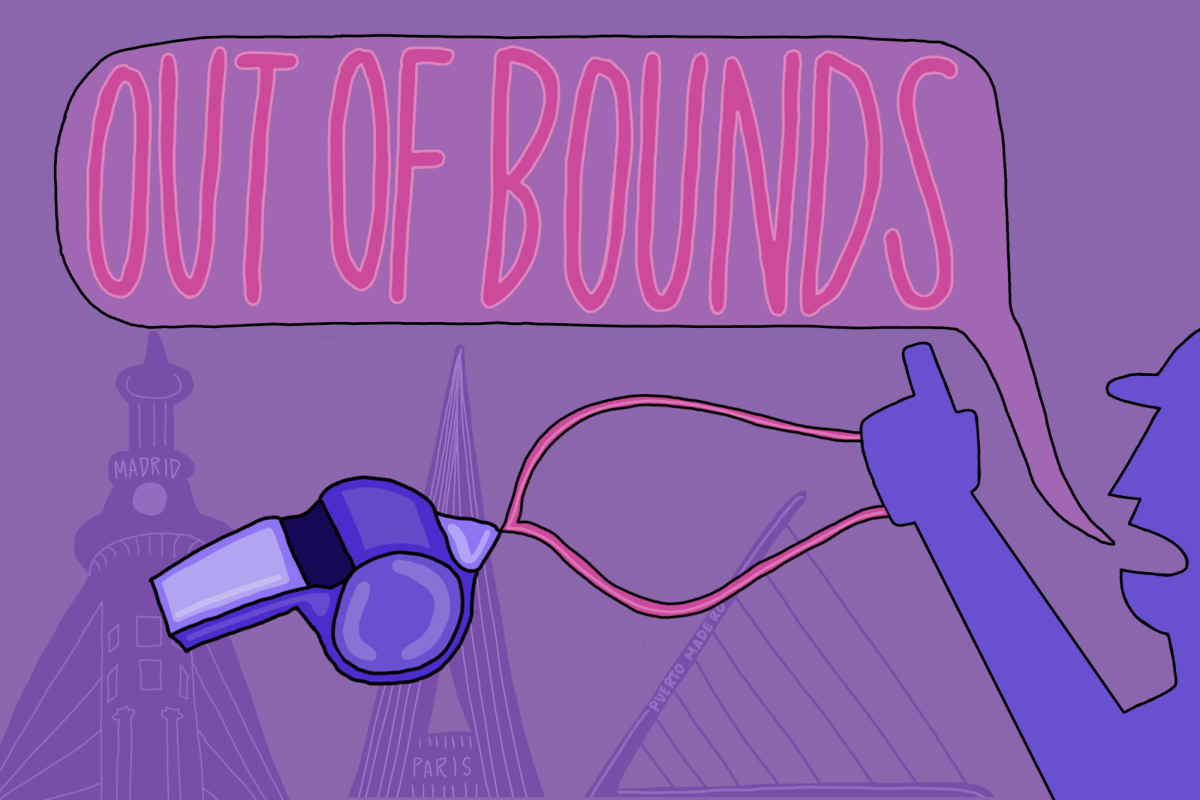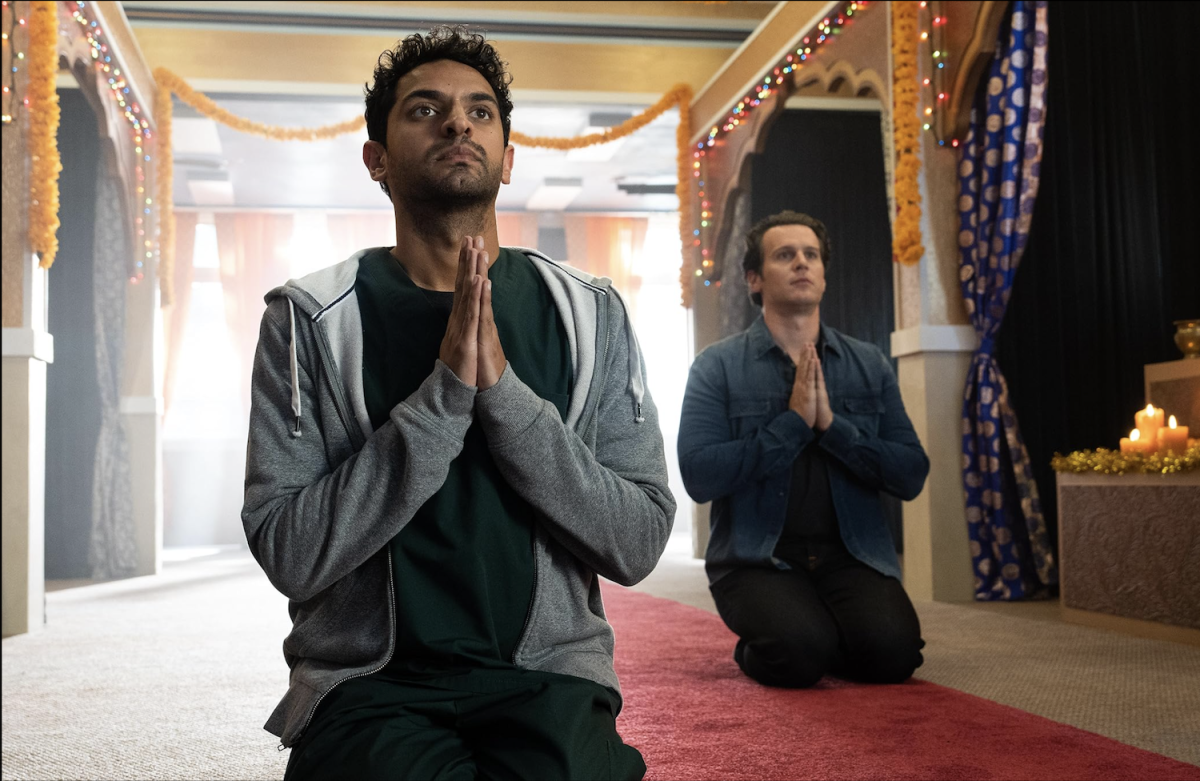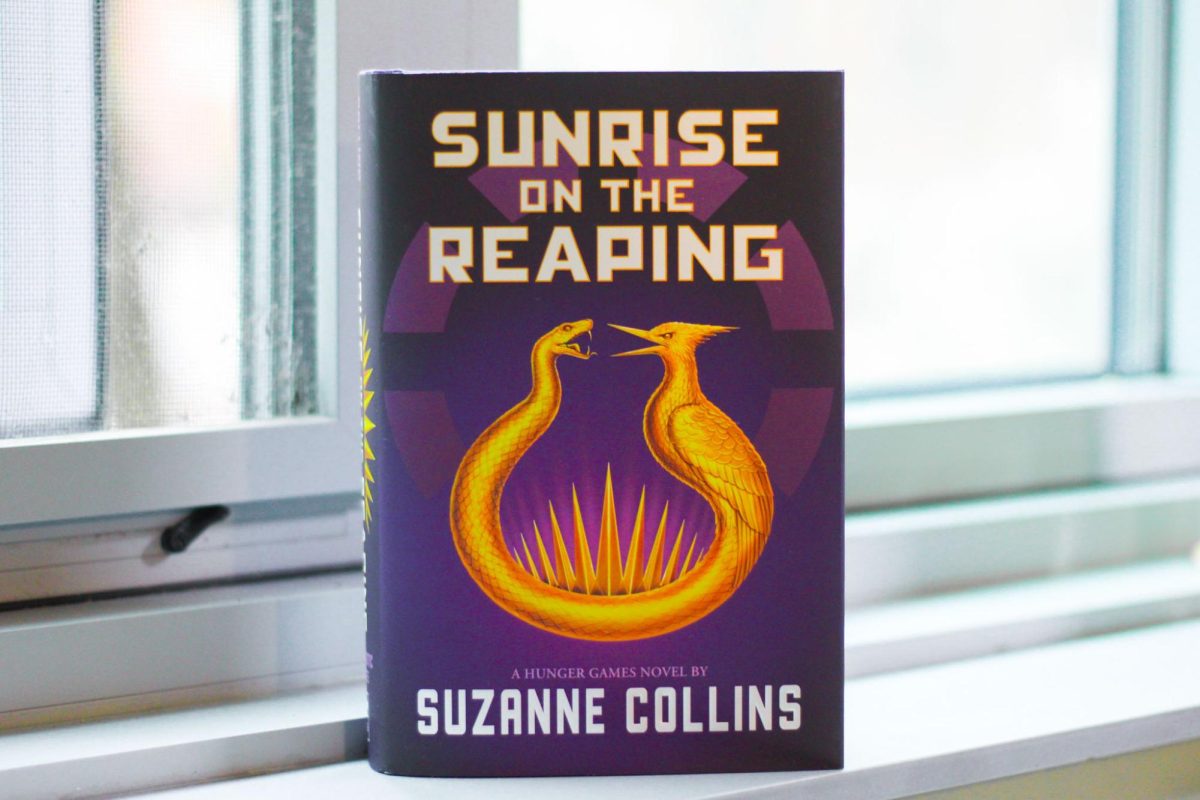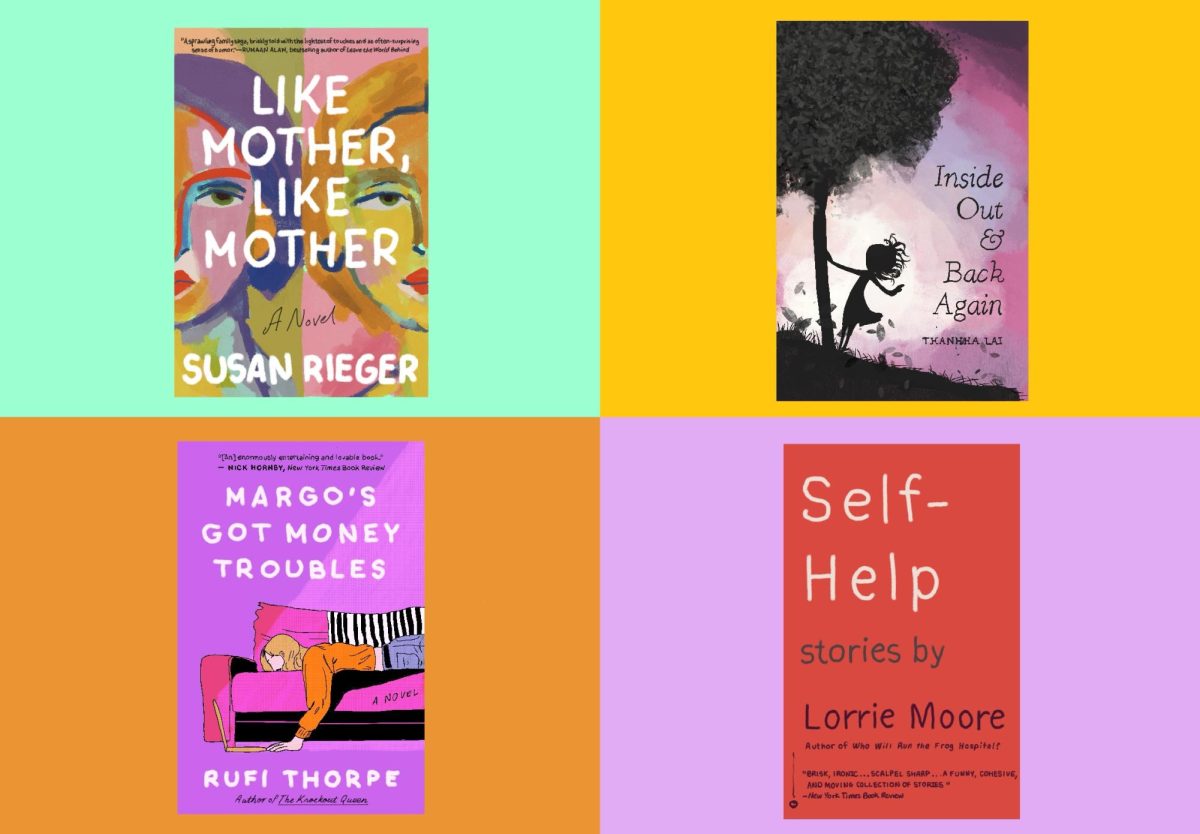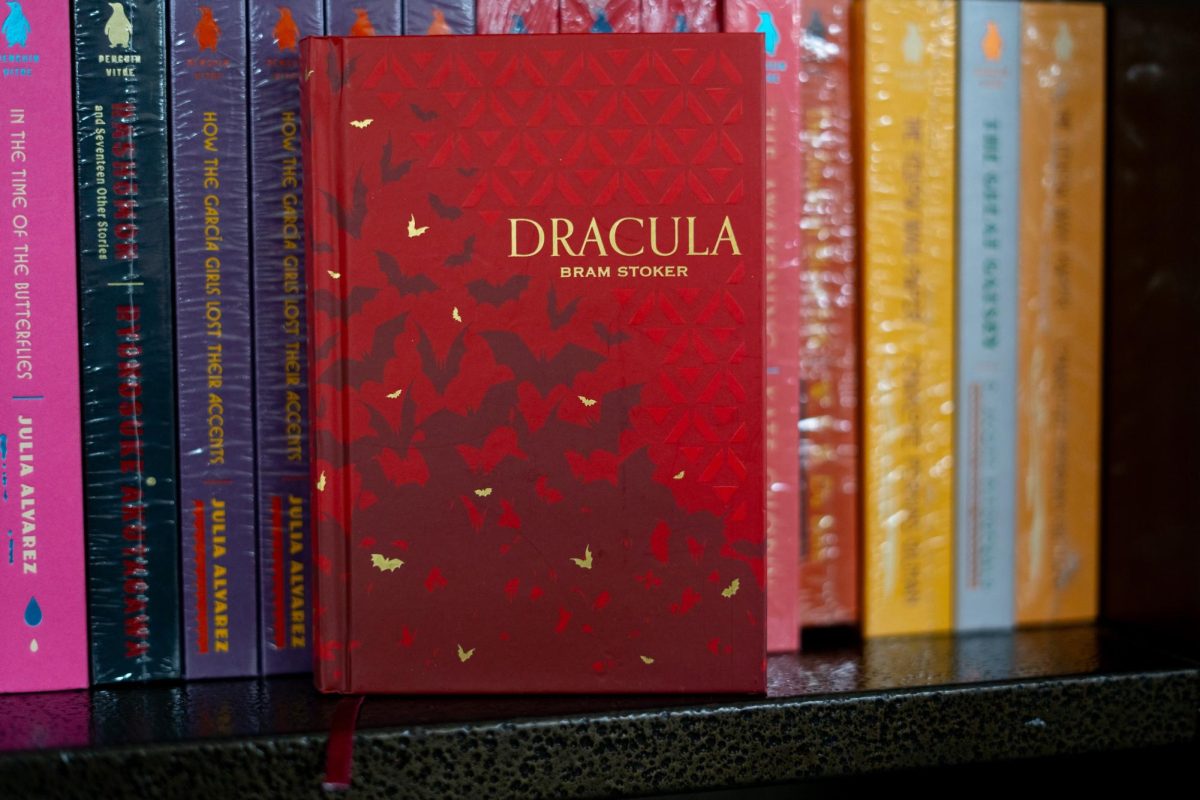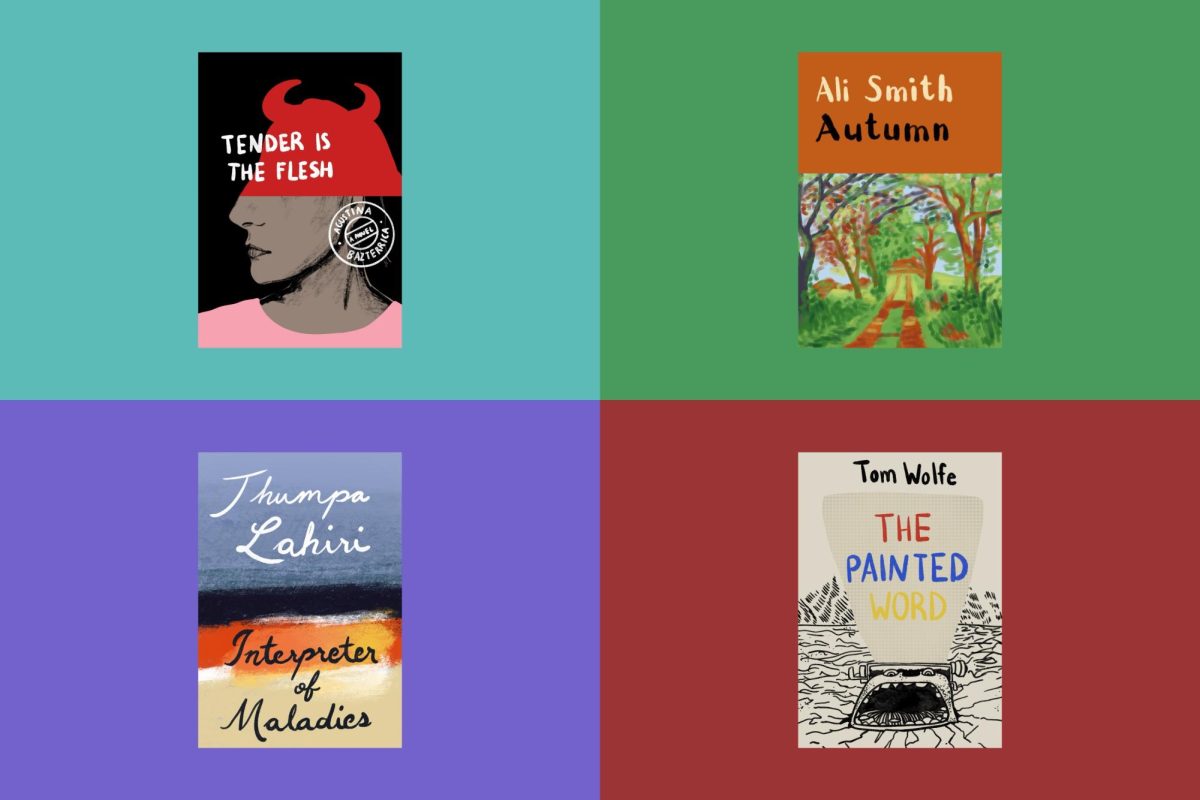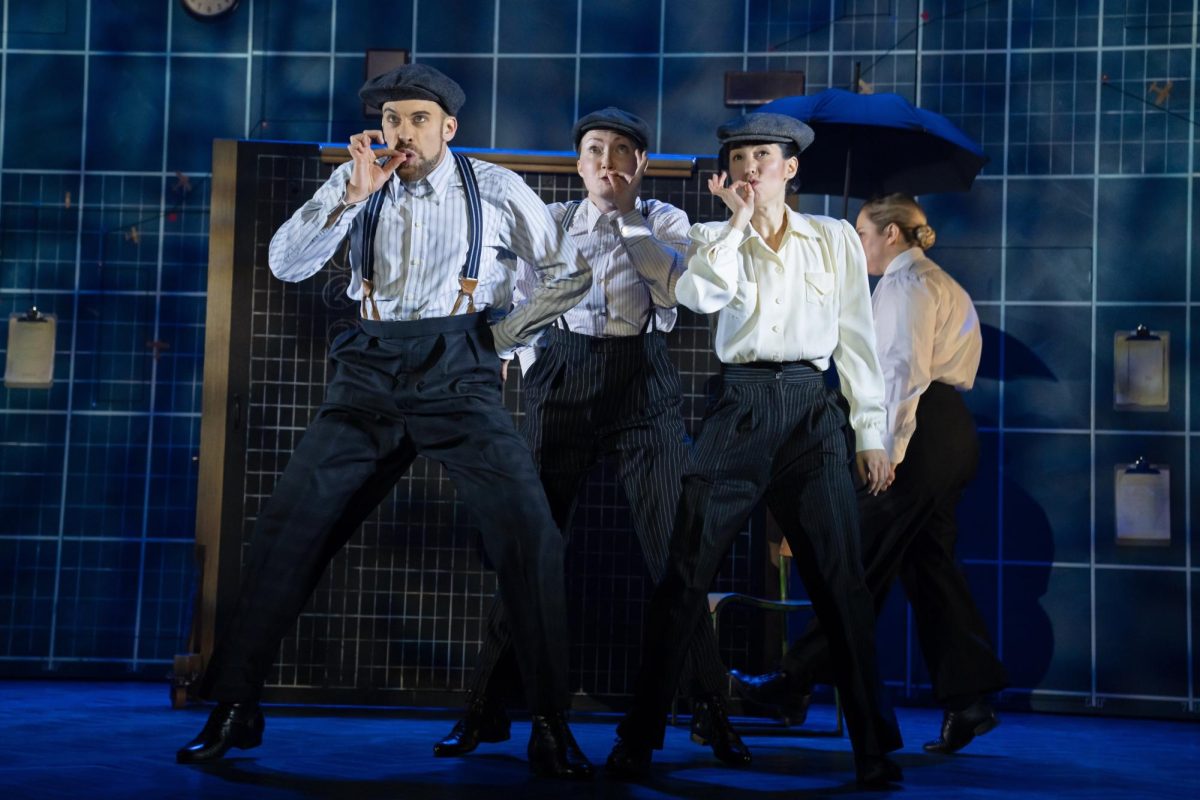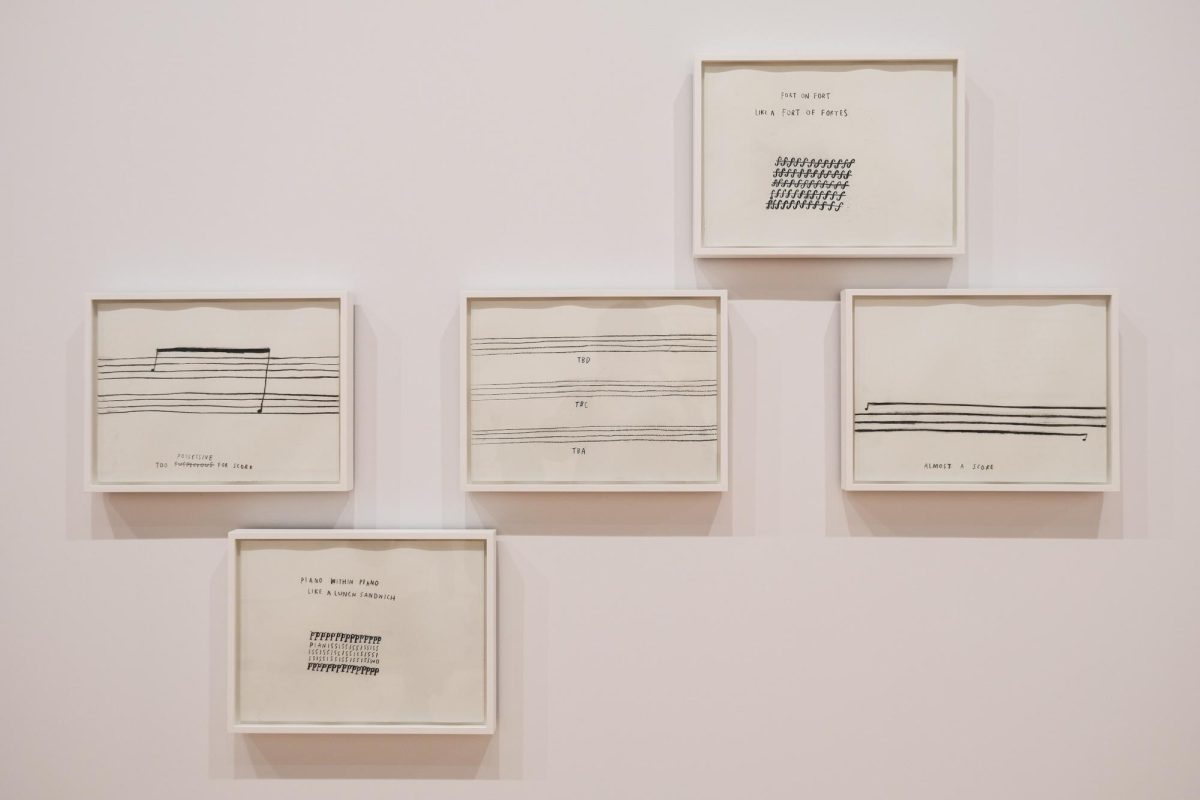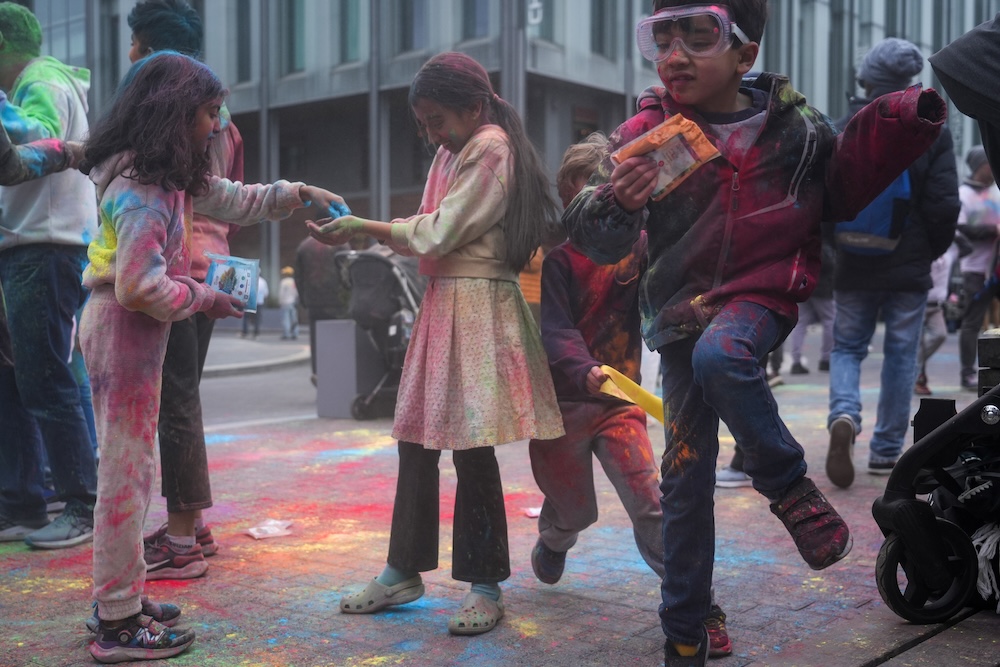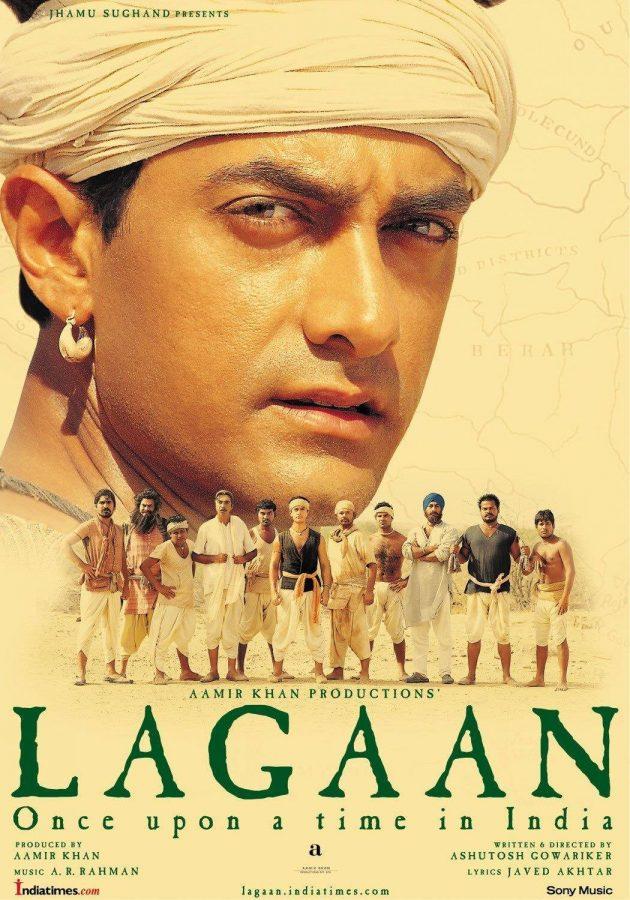The Oscars are this Sunday and something really special about this year’s ceremony is the fantastic representation of foreign language films. Set in Mexico, Alfonso Cuarón’s semi-autobiographical movie “Roma” is a best picture frontrunner while Poland’s “Cold War” and Germany’s “Never Look Away” are nominated in major categories such as directing or cinematography. The Arts Desk decided to go back into the Oscars archives and give out some recommendations for worthy foreign language films — both nominees and winners — to check out.
“Antonia’s Line”
Films that have a moral lesson or value serving as their driving force can often come off as didactic and holier-than-thou. However, in “Antonia’s Line,” a quaint portrayal of one woman and her companions’ attempts to live outside the patriarchy, there is no hint of this. The lack of a preachy tone results in one of the greatest socially critical films of all time. I was rather surprised upon discovering that this was an original screenplay, as its story plays out like a novel. “Antonia’s Line” is one of the few films that truly deserves that description. There is nothing subtle about the feminism in this movie, and yet the message is so gracefully dispersed within the story of Antonia’s life that it almost becomes secondary to your connections with the characters. Even as a man, I found myself rooting for the women of the film to shed their male relations. This Dutch masterpiece is filled with so many peculiar moments that elicit diverse emotions in a world that feels realistic yet impalpably odd all at once. — Dante
“Lagaan”
At first glance, Aamir Khan’s “Lagaan” seems too daunting of a watch because of its near four-hour runtime. But, being one of the best films in Indian history and a worthy Oscar-nominated film, Khan makes every frame count. Set in 1893, the film takes place in British-occupied India in a small village suffering from a drought. When a new British captain (Paul Blackthorne) imposes a larger tax, rebellious farmer Bhuvan (Khan) opposes and challenges him and his officers to a cricket match, despite none of the villagers knowing how to play. If the farmers win, then they escape taxes, but if they lose, they will have to pay triple the amount. In classic Bollywood fashion, “Lagaan” combines a myriad of genres into its sprawling narrative, including period drama, musical, sports, romance and social drama. Yet Ashutosh Gowariker navigates all these tones and various storylines masterfully. The film meticulously depicts how the Indian farmers learn the sport as well as the climactic cricket match itself, immersing the viewer in a way that very films are capable of doing. A.R. Rahman’s score and songs are beautiful, effortlessly stringing together the multiple genres with a diverse soundtrack from the stirring and uplifting “Chale Chalo” to the mesmerizing “O Rey Chhori.” Khan’s performance is phenomenal and he confidently carries the film on his shoulders for the whole runtime. Watching “Lagaan” is certainly a commitment, but it is more than just a viewing — it’s an experience. Anyone who has never seen an Indian film will instantly want to watch more after watching a this masterpiece. — Guru
“Ida”
“Ida,” Pawel Pawlikowski’s 2013 Polish film, is nothing short of a cinematic masterpiece. We follow Anna, a quiet, young novitiate nun in 1960s postwar Poland. Raised as an orphan in a convent, she is prepared to take her vows when her Mother Superior tells her of an aunt she never knew existed, urging Anna to meet with the woman before she gives herself over to God. The aunt, Wanda, a depressed alcoholic and judge for the Communist party, reveals that Anna was born a Jew and that her parents had named her Ida; her parents and Wanda’s son were killed during the Nazi occupation of Poland, while attempting to hide from the Germans and Anna was still a baby. Together, the odd couple — the inscrutable, devout Anna and the expressive, world-weary Wanda — travel to Anna’s hometown to search for their family’s graves. Winner of the 2014 Academy Award for Best Foreign Language Film, the film was also received a cinematography nomination for its black-and-white cinematography, simultaneously still and dramatic. Pawlikowski is, again, receiving Oscar buzz for his most recent film, “Cold War,” is nominated this year not only for best foreign language film and best cinematography, but also for best director — a notable achievement for a film not in English. “Cold War,” an epic love story spanning decades on both sides of the Iron Curtain, is an exquisite, brasher, more dynamic sibling to “Ida.” But I’ll always have a special place in my heart reserved for “Ida,” a still, contemplative and deeply moving film. — Alex
“No”
I have a sweet spot for Spanish films, but a girl can only handle so much magical realism — looking at you, “Como Agua Para Chocolate.” After three or four movies, it gets old, especially when the film uses magical realism as a sort of deus ex machina. Thankfully, on some marvelous day in Chile, Pablo Larraín said “No,” and made a fascinating historical drama that the critics at the Academy Awards could actually understand. No doubt taking a page from the American TV show “Mad Men,” Larraín directs a phenomenally absurd — but not magical — retelling of the marketing campaign that led to the deposition of Chilean dictator, Augusto Pinochet. The title of the film takes its name from the campaign it’s based on, the “No” campaign that urged Chilean citizens to vote against extending Pinochet’s term for another eight years. With the leading creative genius, René Saavedra, played by none other than Gael García Bernal, the film offers a fascinating look inside the lives of the people who put their lives on the line for advertising and still manages to make it out alive. It’s fast, fresh and full of hope, making it a total mystery for me as to why it was snubbed. — Claire
Email the Arts Desk at [email protected].















